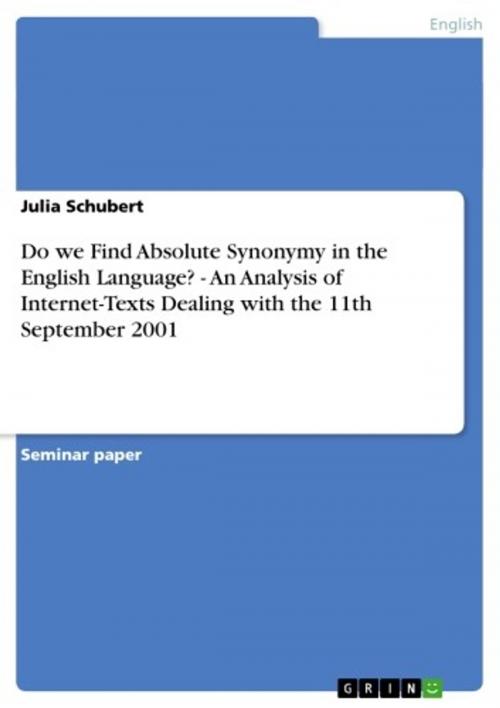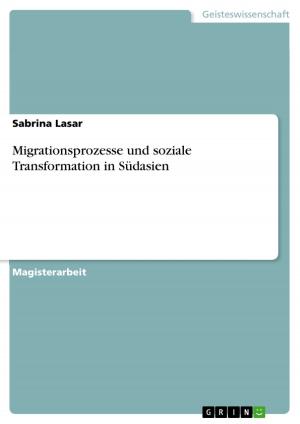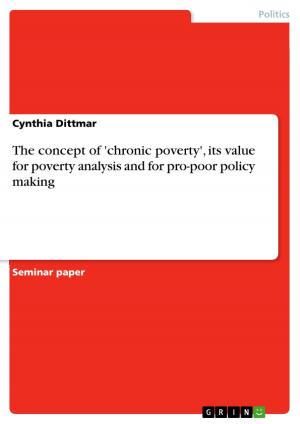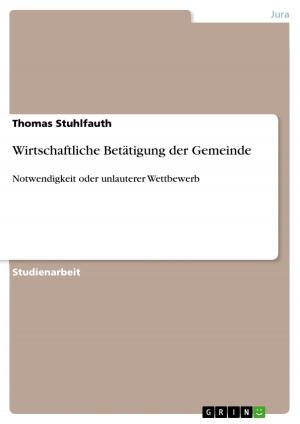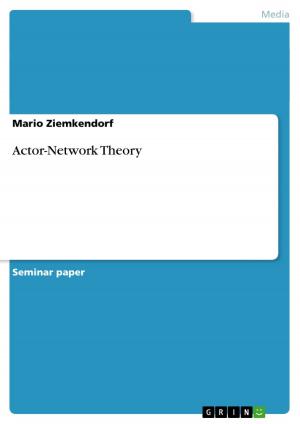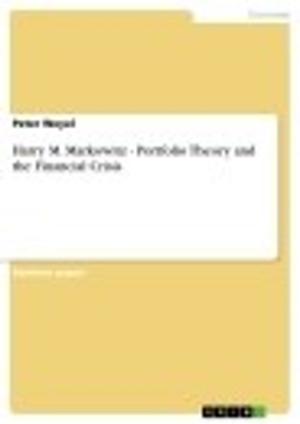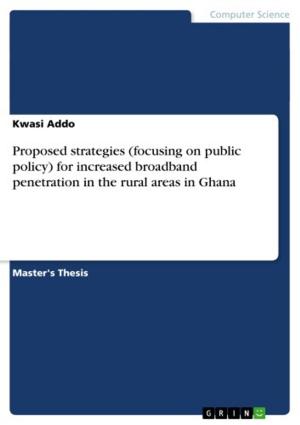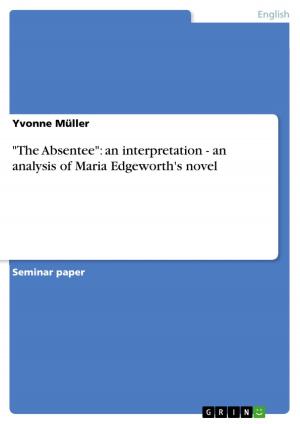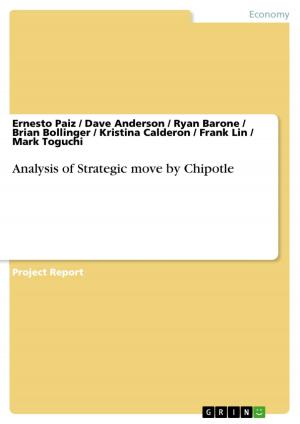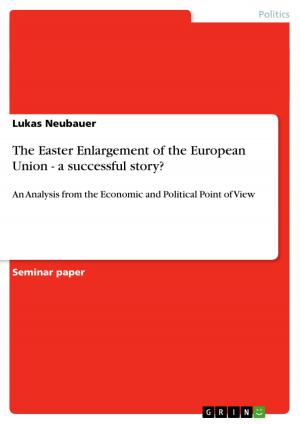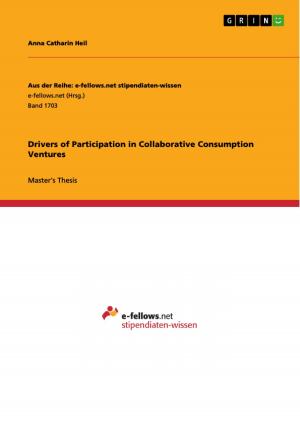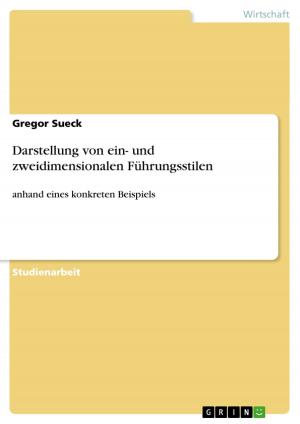Do we Find Absolute Synonymy in the English Language? - An Analysis of Internet-Texts Dealing with the 11th September 2001
An Analysis of Internet-Texts Dealing with the 11th September 2001
Nonfiction, Entertainment, Drama, Anthologies| Author: | Julia Schubert | ISBN: | 9783638145992 |
| Publisher: | GRIN Publishing | Publication: | October 8, 2002 |
| Imprint: | GRIN Publishing | Language: | English |
| Author: | Julia Schubert |
| ISBN: | 9783638145992 |
| Publisher: | GRIN Publishing |
| Publication: | October 8, 2002 |
| Imprint: | GRIN Publishing |
| Language: | English |
Seminar paper from the year 2002 in the subject English Language and Literature Studies - Linguistics, grade: 2+ (B), Martin Luther University (Institute for Anglistics/American Studies), course: Proseminar, 10 entries in the bibliography, language: English, abstract: This term paper on synonymy has the aim to answer one certain question: Do we find absolute or strict synonymy in the English language? Unfortunately, there is not enough working time to have a look at the whole language or at least a large part of it. Therefore, I decided to choose several texts dealing with the same topic, which precisely is the 11th September 2001 (the terror attacks against the United States of America). This seems to be a good basis for finding a lot of synonyms or synonymous expressions. The working process is structured as follows: First, it is necessary to define the term 'synonymy' because there are two different opinions about it. On the one hand, some linguists are convinced that there is no total synonymy at all and on the other hand, another group of linguists states that such a kind of synonymy exists but it occurs only rarely. A further look on those definitions will provide a clearer distinction. Then the main work has to be done. There are many texts available, which will serve to find a satisfying answer to the stated question. These texts, which I found in the Internet, are from daily American and British newspapers, speeches of politicians, eyewitness reports, TV reports, political magazines and private Internet discussions. Certainly, these texts and articles contain a lot of material to work with. Finally, the last part of the termpaper will represent the results of this process - the justification of total synonymy or its rejection. [...]
Seminar paper from the year 2002 in the subject English Language and Literature Studies - Linguistics, grade: 2+ (B), Martin Luther University (Institute for Anglistics/American Studies), course: Proseminar, 10 entries in the bibliography, language: English, abstract: This term paper on synonymy has the aim to answer one certain question: Do we find absolute or strict synonymy in the English language? Unfortunately, there is not enough working time to have a look at the whole language or at least a large part of it. Therefore, I decided to choose several texts dealing with the same topic, which precisely is the 11th September 2001 (the terror attacks against the United States of America). This seems to be a good basis for finding a lot of synonyms or synonymous expressions. The working process is structured as follows: First, it is necessary to define the term 'synonymy' because there are two different opinions about it. On the one hand, some linguists are convinced that there is no total synonymy at all and on the other hand, another group of linguists states that such a kind of synonymy exists but it occurs only rarely. A further look on those definitions will provide a clearer distinction. Then the main work has to be done. There are many texts available, which will serve to find a satisfying answer to the stated question. These texts, which I found in the Internet, are from daily American and British newspapers, speeches of politicians, eyewitness reports, TV reports, political magazines and private Internet discussions. Certainly, these texts and articles contain a lot of material to work with. Finally, the last part of the termpaper will represent the results of this process - the justification of total synonymy or its rejection. [...]
